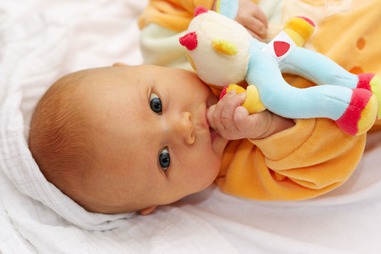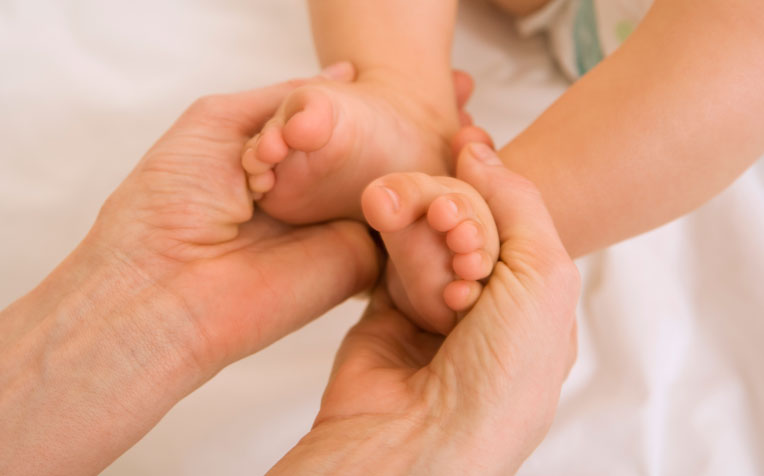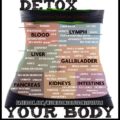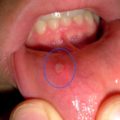Nearly one-half of newborn babies develop jaundice within few days of birth. This is a condition in which the skin colour and eyes turn yellowish. Most premature babies have this condition, and it lasts longer for them than full-term babies. Jaundice due to the extremely high levels of bilirubin can lead to debilitating brain damage in the forms of Cerebral Palsy, Kernicterus and permanent deafness. Here is what every mother should know about newborn baby care when the infant has jaundice or Kernicterus.
Causes
Bilirubin a yellowish substance is produced by the breaking down of red blood cells in the gallbladder and carried to the liver for removal. When the liver cannot process the amounts of bilirubin produced, the deposit occurs in the blood-rich the skin causing a yellowish tinge.
All newborns produce high levels of bilirubin and this kind of ‘Physiologic Jaundice’ appearing a few days after birth resolves itself in about two weeks. Its causes could be the mismatch of blood types between mother and the baby, prematurity, infections, breastfeeding problems, and many other blood and liver conditions.
Generally both mother and baby leave the hospital within a few days of birth, and the chances are that jaundice may develop at home. Baby care practices schedule a jaundice check within a few days of going home. Contact your doctor immediately if you notice signs of jaundice.
Kernicterus is a rare and preventable manifestation of jaundice in newborns causing brain damage in untreated cases of high Bilirubin persisting in the baby.
Symptoms
The commonly noticed symptoms of jaundice are
- Changes in skin colour, and a yellow tinge of the eyes.
- Trouble in sleeping and waking up.
- Feeding problems.
- Reduced bowel movements are seen in the reduction of soiled napkins.
- Fussiness and anxiety.
If you notice any of the symptoms consult with your doctor immediately. Most cases of jaundice resolve themselves. However, untreated and prolonged jaundice can lead to brain damage.
Severe jaundice can lead to the following conditions.
- Encephalopathy affects the brain, destroys neurons, and causes neurological disorders.
- Kernicterus or advanced stage of acute bilirubin encephalopathy causes permanent damage to the infant’s brain.
Symptoms of Kernicterus may include
- Limpness or stiffness of the whole body
- Drowsiness and lack of energy
- Trouble feeding and fever
- Anxiety, shrill crying, and unusual eye movements
- Twitching of muscles and poor muscle tone.

Other symptoms as a child gets older are convulsions, stained tooth enamel, affected movements, muscle spasms, hearing problems and inability to gaze upward. Proper baby care involves watching out for the symptoms.
Jaundice is a symptom of severe liver malfunction. There is always a cause and identifying the cause is important. Some of the causes are discussed below.
- Physiological jaundice appears two to four days after birth and is considered normal as the liver develops post birth.
- Jaundice due to prematurityoccurs in premature babies and is due to the liver being less developed and susceptible to jaundice.
- Breastfeeding jaundice occurs when the baby is not fed enough breastmilk either because the mother cannot produce enough or the baby does not get enough. Generally the problem is resolved when the baby is fed enough breast milk and malnutrition is avoided.
- Breastmilk jaundice appears four to seven weeks after birth and resolves on its own in 12 weeks. It is caused by the mother’s breastmilk containing certain chemicals that alter the growing liver functions of the baby
- Pathological jaundiceis liver disease related and the most common one is Hepatitis caused by any hepatitis virus – A, B, C, D, or E
- Biliary atresia is a rare condition where the bile duct gets blocked and leads to bile stagnation, liver tissue scarring and liver failure.
Diagnosis and Tests
Babies have the highest bilirubin levels in the first week of life. Newborn care should include checking for jaundice periodically in the first week of life. Doctors can test the bilirubin level of your newborn baby with a light meter before he leaves the hospital. A blood test drawn by pricking the baby’s heel is the most accurate way to measure bilirubin levels and treatment should commence immediately. Repeated blood tests may be required to check the progress of the levels returning to a normal range.
Treatment
Mild jaundice may not require treatment. However when the bilirubin level is high and the baby is premature treatment should be started immediately. Normally the options are
- Providing enough breast milk or formula.
- Phototherapy under a special blue light. Sunlight is also a good cure.
- IV Fluids.
- Blood Transfusion is the last resort to quickly lower the bilirubin levels.
- Immunoglobin injections helps bring down the antibody levels in the baby’s body thus halting the excess loss of RBCs and lesser bilirubin formation.
Managing infantile Jaundice.
A baby with jaundice can be made to feel comfortable and better by following the below steps.
- If the baby has breastfeeding jaundice also called malnutrition jaundice then feed the baby as frequently as possible to help bring down the bilirubin levels. Use a formula prescribed by the doctor to supplement the nutrition of the baby. It is recommended to alternate the formula with breastmilk which has no substitute. Continue brest feeding even when the baby has jaundice.
- Exposure to Sunlight is similar to phototherapy and helps in excreting excess bilirubin. However, it is not a full-fledged treatment. You can place the baby under soft sunrays early in the morning. Care should be taken to ensure you use an eye band and leave the baby with just a cloth napkin. Filtering the light through a glass pane can help prevent sunburns.The temperature should also be regulated.
There is no cure for jaundice as it is a symptom and not a sickness. The underlying cause needs treatment and prevention is always better than a cure.
So if you feel that your baby needs to be consulted or diagnosed for any of the symptom, kindly reach out to your physician. As newborns need help to understand them when they are crying for no reason.
Any queries please post them in comments.
RD Neha Kava
Latest posts by RD Neha Kava (see all)
- 3 Supplements To Try That Will Improve Your Health - March 15, 2025
- 3 Tips to Adding Supplements to Your Diet - March 14, 2025
- Beginners Running Tips – How to start getting in shape with the most efficient exercise out there - March 13, 2025





